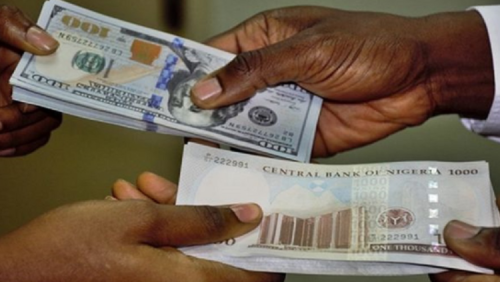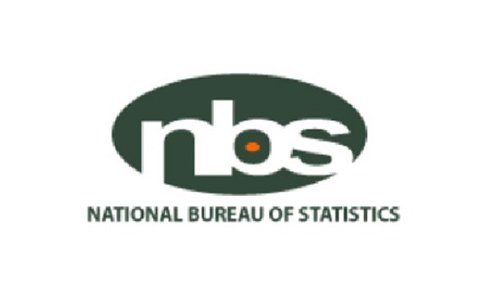SECTOR INSIGHT 11/08/2023
Excess Liquidity Weakens Naira Further at Parallel Market to N950/$1

The naira depreciated further in the parallel market yesterday, as it traded at N950/$1 in Lagos, compared with the N930 to a dollar it went for the previous day.
However, on the Investors and Exporters’ (I&E) window, the naira closed at N781/$1 compared with its opening rate of N782/$1.
This was just as the International Monetary Fund (IMF), yesterday, said Nigeria’s loose fiscal and monetary policies were creating excess liquidity, making it difficult for the naira to stabilise against the dollar two months after authorities allowed the currency to trade freely.
In the same vein, analysts attributed the depreciation of the naira to excess cash in the system, which some specifically accused the state governors of using to mop up dollars, thereby putting pressure on the foreign exchange (FX) market.
“What we are seeing in the market is partly as a result of the state governors who have lots of cash and because most of them have not activated the payment of palliatives in their states, they are indulging in reckless spending and those monies they are spending are being used to chase dollars, therefore putting pressure on the FX market,” the top market analyst who pleaded to remain anonymous explained.
Also, yesterday, the CBN declared a consolidated Group and Bank’s profit of N103.85 billion and N65.62 billion respectively for its 2022 financial year.
Furthermore, checks from development in the FX market showed that since the unification of forex rates, the commercial banks have not been selling dollars for Personal Travel Allowance (PTA), Business Travel Allowance (BTA), Education and medical fees, amongst others, as customers continue to lament the scarcity of the greenback.
Speaking in an interview with THISDAY on the developments in the forex market, the President of the Association of Bureaux De Change Operators of Nigeria (ABCON), Aminu Gwadabe, said the suspension of FX sales to members of his association should be revisited. This, he said would help ease the pressure on the official market.
Gwadabe, argued that the current parallel market rate was being driven by speculation and urged members of the public not to panic.
Speaking in a telephone interview, Gwadabe said: “Naira is becoming a fast-depreciating currency and is highly unpredictable. We have been seeing illegal economic behaviours because the rate at the market is not even at transaction rate. People are speculating and trying to test the capability of the monetary authorities in terms of defending the naira. The hike and volatility are not realistic.
“People are taking advantage because there is a loss of confidence in the market and working on peoples psychology.”
Commenting further on banks not meeting invisible demands, he stressed the need for the suspension on BDCs to be lifted.
He explained, “There should be a revisit of the suspension of BDCs so that the market would have liquidity which would also go a long way in dousing the tension. They need to integrate the BDCs into the I&E window.”
Meanwhile, the Central Bank of Nigeria (CBN) yesterday, resumed Open Market Operation (OMO) auction offering N150 billion to investors in the secondary market.
The 96-day, 187-day and 362-day tenured instruments were auctioned as part of efforts to suck up excess liquidity in the system.
A breakdown of the instrument showed that for the 96-day instrument with November 14, 2023 maturity date, N30 billion was offered by the central bank and subscription was N48.5 billion. For the 187-day instrument that matures on February, 13, 2024, the apex bank offered N40 billion, but subscription was N67.90 billion. Also, N80 billion was offered for the 362-day monetary policy instrument, while total subscription on the bill was N191.53 billion.



